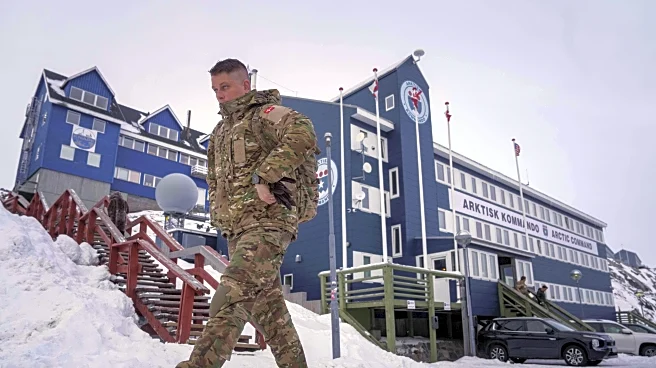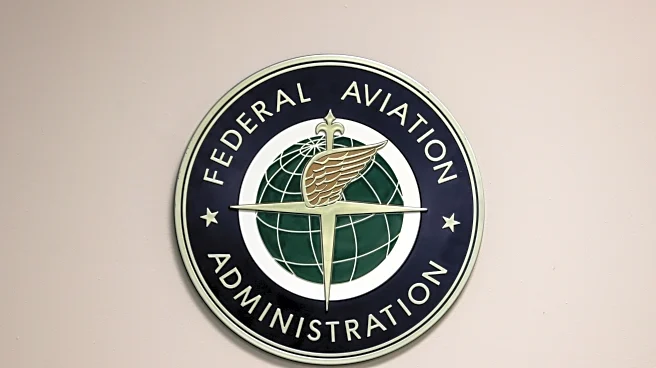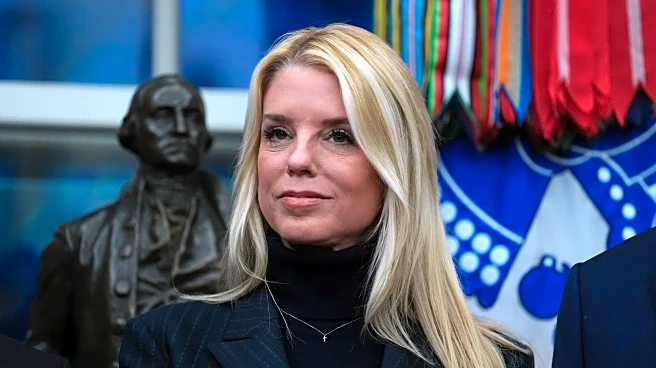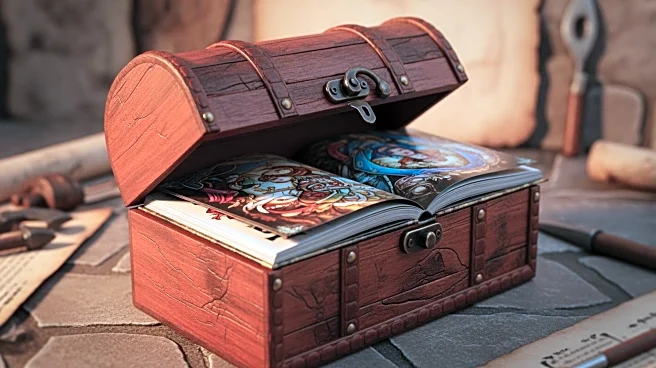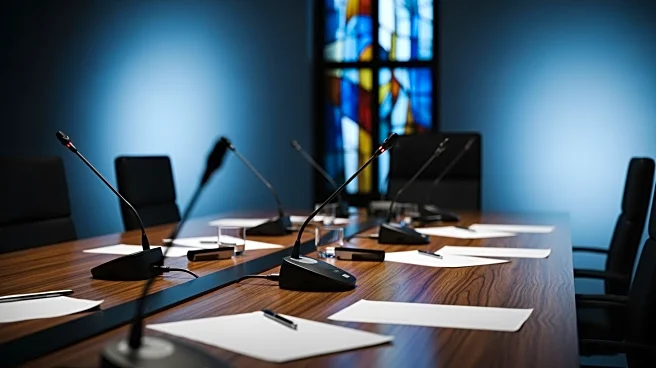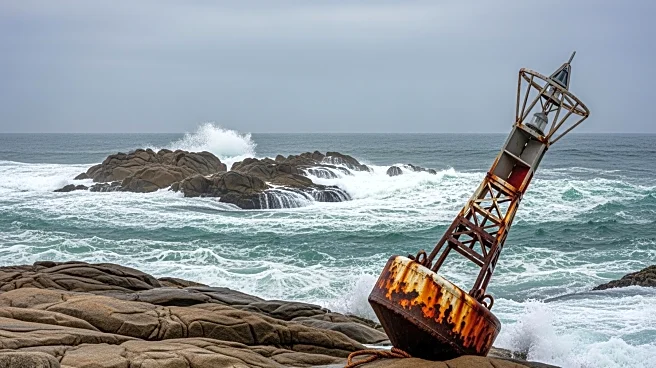Rapid Read • 8 min read
The long-standing conflict over Western Sahara has seen renewed tensions following the collapse of a UN-brokered cease-fire in 2020. The dispute involves Morocco and the pro-independence Polisario Front, backed by Algeria. Morocco controls most of the territory, while the Polisario Front seeks independence for the Sahrawi people. The conflict has been marked by diplomatic maneuvers, including the U.S. recognition of Moroccan sovereignty in 2020. The appointment of UN envoy Staffan de Mistura in 2021 has provided hope for renewed negotiations, although challenges remain. The conflict's latest phase has seen limited military engagements, with Morocco maintaining a technological advantage.
AD
The Western Sahara conflict has significant implications for regional stability in North Africa. The territory's rich natural resources, including phosphates and fishing grounds, are central to the dispute. The conflict affects relations between Morocco and Algeria, with Algeria supporting the Polisario Front. The situation also impacts European interests, as Western Sahara's resources are crucial for industries such as agriculture and energy. The lack of resolution could lead to further instability in the region, affecting trade and security. The international community's stance, particularly the UN's, plays a crucial role in shaping the future of Western Sahara.
The UN continues to advocate for a referendum on Western Sahara's status, although it has been delayed due to disagreements over voter eligibility. The Polisario Front has resumed armed resistance, seeking to draw international attention to their cause. The UN and other international bodies may increase diplomatic efforts to resolve the conflict, potentially involving negotiations between Morocco and the Polisario Front. The situation remains complex, with geopolitical interests influencing the actions of involved parties.
The conflict in Western Sahara highlights broader issues of colonial legacy and self-determination. The Sahrawi people's struggle for independence is part of a larger narrative of decolonization in Africa. The exploitation of Western Sahara's resources raises ethical questions about the rights of indigenous peoples and the responsibilities of occupying powers. The international community's response to the conflict could set precedents for similar disputes worldwide.
AD
More Stories You Might Enjoy
